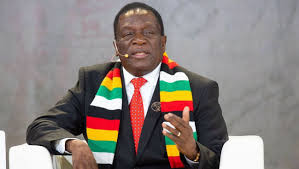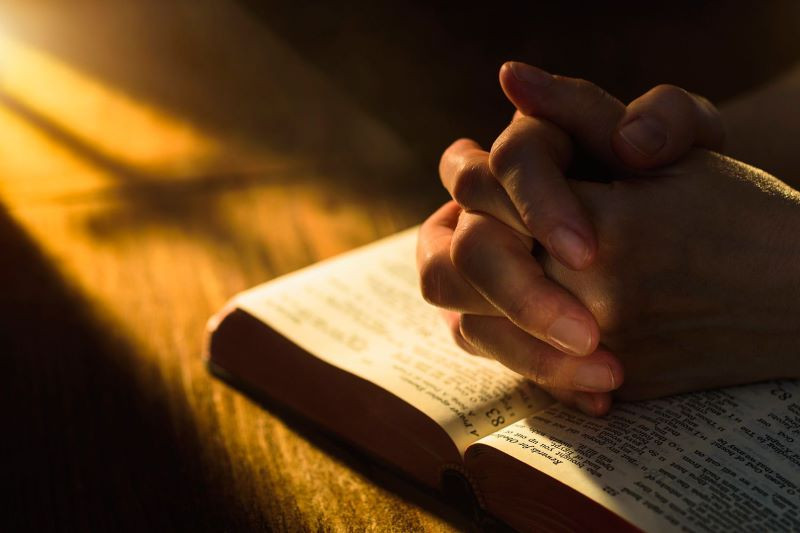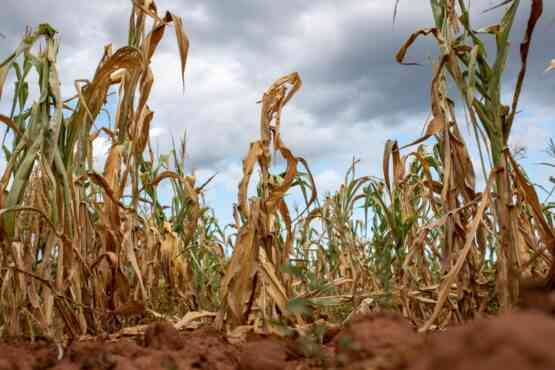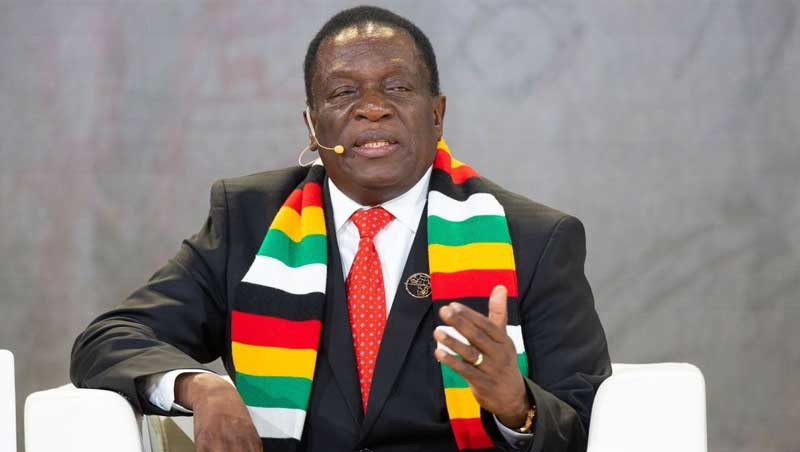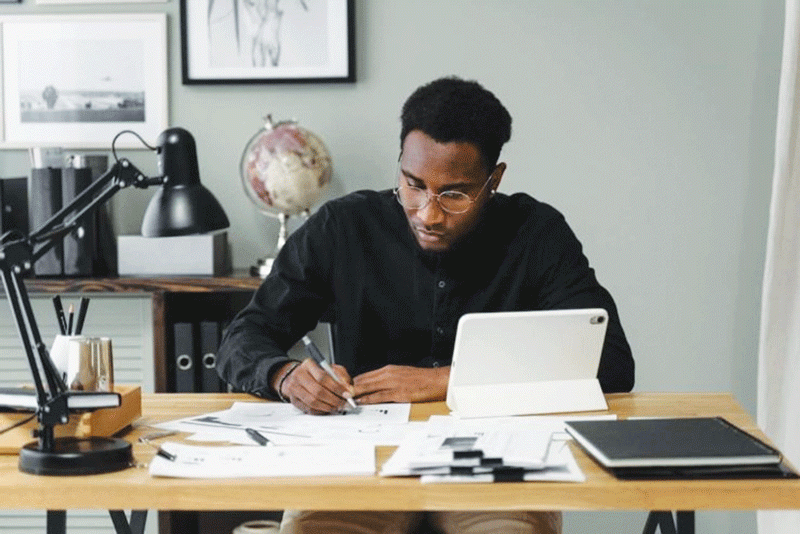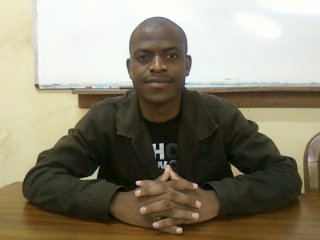
I KNOW we are addicted to politics of the crowd. We have been made to believe that anything meaningful and worthwhile can only be done in the comfort of numbers.
guest column: MUTSA MURENJE
On the contrary, I believe it’s high time we all stood up as individuals. At the end of it all, it’s not crowds that matter, but a single effort from each one of us.
There is no doubt, there never has been, and there won’t be, that we, ordinary people, have the capacity to do extraordinary things.
Realising this fact, United States, President Barack Obama remarked that: “Change will not come if we wait for some other person or if we wait for some other time. We are the ones we’ve been waiting for. We are the change that we seek.”
In my mind, I have no doubt that we, ordinary Zimbabweans, are the difference between what is and what could be. We are the missing link in the struggle for positive change in our country.
In my social psychology course, during my undergraduate years, I learnt about deindividuation, a theory that seeks to explain the violent and impulsive behaviour of the individual in large crowds and mobs.
Deindividuation refers to the loss of self-awareness and of individual accountability in a group. I don’t want to lose myself and I want to take practical and moral responsibility for my actions.
- Chamisa under fire over US$120K donation
- Mavhunga puts DeMbare into Chibuku quarterfinals
- Pension funds bet on Cabora Bassa oilfields
- Councils defy govt fire tender directive
Keep Reading
This is the very reason why I have never considered the use of a pseudonym when I started writing for the public 10 years ago. I believe, with former United States First Lady Eleanor Roosevelt, that: “Nothing we do ever stands by itself. If it is good, it will serve some good purpose in the future.”
I am particularly against the anonymity and reduced self-awareness associated with one’s presence in a crowd.
The presence of a large number of people diffuses the responsibility among the members of the group, thus reducing the accountability of individuals for their actions. With reduced self-awareness, attention is focused outward, away from the individual, thus decreasing the salience of personal identity.
There is also reduced self-observation and self-evaluation, and lessened concern with how others evaluate our behaviour. Since the individual disregards societal norms for behaviour, internal inhibitions are weakened. The individual lacks emotions associated with guilt, fear and shame.
Abductions, disappearances, intimidation, rape, violence and killings in Zimbabwe have all been largely committed by people in crowds. They have guaranteed anonymity and enjoy protection from their political handlers.
The youths who attacked former ambassador, Retired Brigadier General Agrippa Mutambara, and his colleagues did so because they knew they could not be identified as individuals. This is the problem that I have with politics of the crowd.
Having said the foregoing, I would to ask the following three questions:
(a) What can you do to help others? (b) What can you do to help your country?; and (c) Do you put forth your best effort for something you think is right?
In attempting to answer the questions, I have rather decided to share a little story about Martin Luther King Jr. King was a Baptist minister in the US, an activist and prominent leader in the African-American Civil Rights Movement.
We know him most for his role in the advancement of civil rights in the US and around the world using non-violent methods, following the teachings of Mohandas Karamchand Gandhi.
Henry David Thoreau’s essay on Civil Disobedience also had a potent and heady impact on King. King spent his life fighting for the rights of other people.
He led the 1955 Montgomery Bus Boycott and helped found the Southern Christian Leadership Conference in 1957, serving as its first president. King’s efforts led to the 1963 March on Washington for jobs and freedom, where he delivered his “I Have a Dream” speech. There, he established his reputation as one of the greatest orators in American history.
King was a great leader. He helped America become a better place for all people. As a young boy, he wanted to be like his father. King watched his father speak in church and chose to become a pastor himself. He felt some laws were unfair to African-Americans, and should be changed. He decided to do something about the laws. King asked people to show they were against unfair laws without using violence.
He believed in non-violence and because of him, many unfair laws in America were changed. In 1964, King became the youngest person to receive the Nobel Peace Prize for his work to end racial segregation and racial discrimination through civil disobedience and other non-violent means.
By the time of his death on April 4, 1968, from an assassin’s bullet, he had refocused his efforts on ending poverty and stopping the Vietnam War.
Now to the crux, Zimbabwe is, at the present moment, in the intensive care unit. She requires medical treatment of a patient who is dangerously ill, with constant supervision. This is where we come in as citizens.
Zimbabwe’s political and economic mess requires our participation. The struggle belongs to the public, it is ours and needs public ownership and participation. It has been privatised and personalised for a long time.
We have been the missing link. The struggle is bereft of citizens of good character, citizens who want to make Zimbabwe a pleasant place to live for all of us.
It won’t be easy, but we must do it all the same. We need to confront our fears and reclaim what is rightfully ours. For your own information, Zanu PF has used the label “opposition” as the blackest of indictments, as synonymous with the word “enemy”.
To brand someone “a member of the opposition” is tantamount to saying he/she is trying to overthrow the government. My hunch is that there hasn’t been a “recalibration of mentality”.
We know in painful detail and through painful experience that freedom is never voluntarily given by the oppressor; it must be demanded by the oppressed. No one gives up his privileges without a fight and President Robert Mugabe won’t leave without a fight!
We are crying for employment, housing, transport, food, respect for human rights and dignity, and a return to the rule of law. What we are saying is that freedom doesn’t just mean the absence of war in the context of guns and bullets. When many of our people go without decent meals; when children who need to be in school aren’t there; when people are still sharing drinking water with animals, it means we are yet to find that freedom.
It is our collective patriotic duty to respect basic human rights as expressed in the United Nations Universal Declaration of Human Rights and other international conventions derived from that Declaration and to uphold not only civil and political, but also economic, social and cultural rights. It is hoped that through this, we will be able to meet personal and social needs; develop our potential; and contribute to the creation of a fairer society.
In conclusion, Mugabe is notorious for his felonies, militarism and misanthropy. He is and remains a threatening menace to our collective development.
Misery and miscarriage of justice are the distinctive characteristics of Mugabe’s leadership.
In short, he is a monster of a dictator and we need to unchain ourselves from the fetters of the Zimbabwean tyrant. May God help Zimbabwe! The struggle continues unabated!
Mutsa Murenje is a social activist

